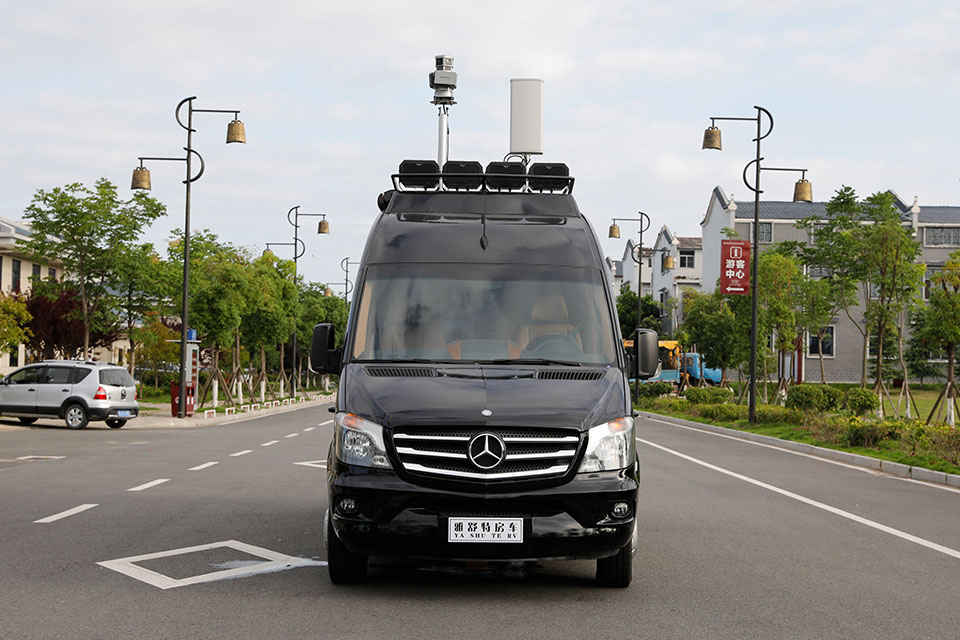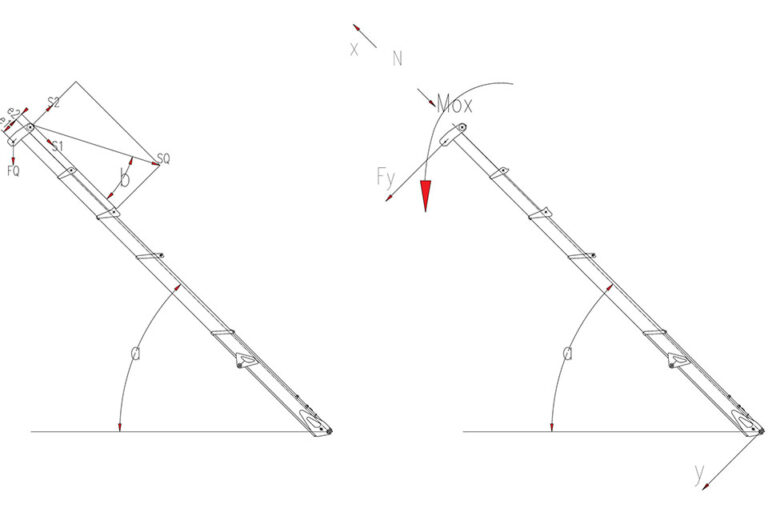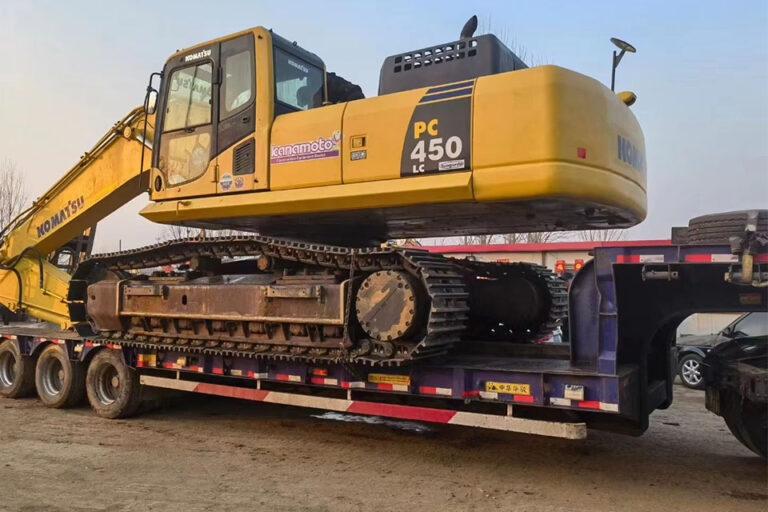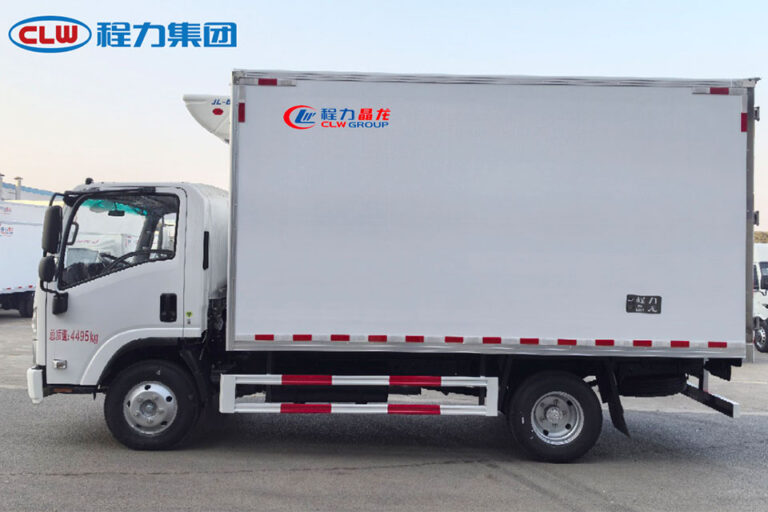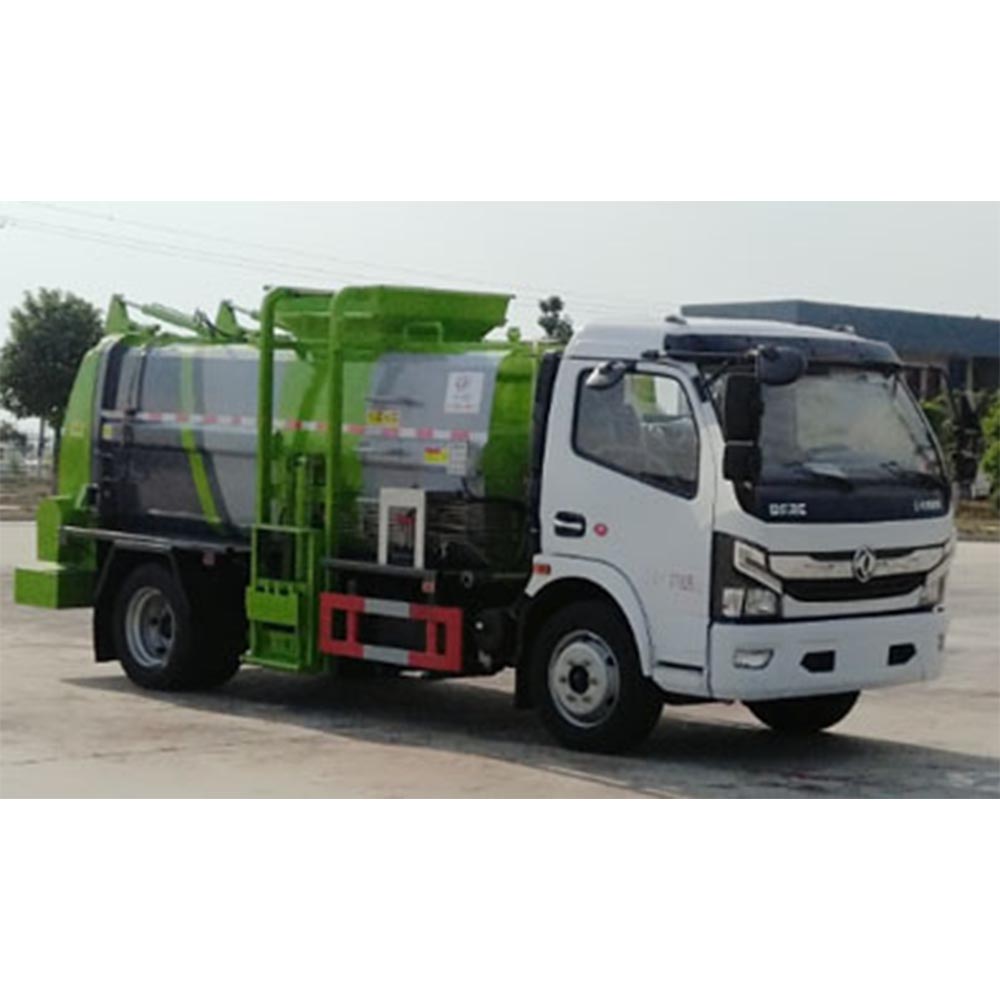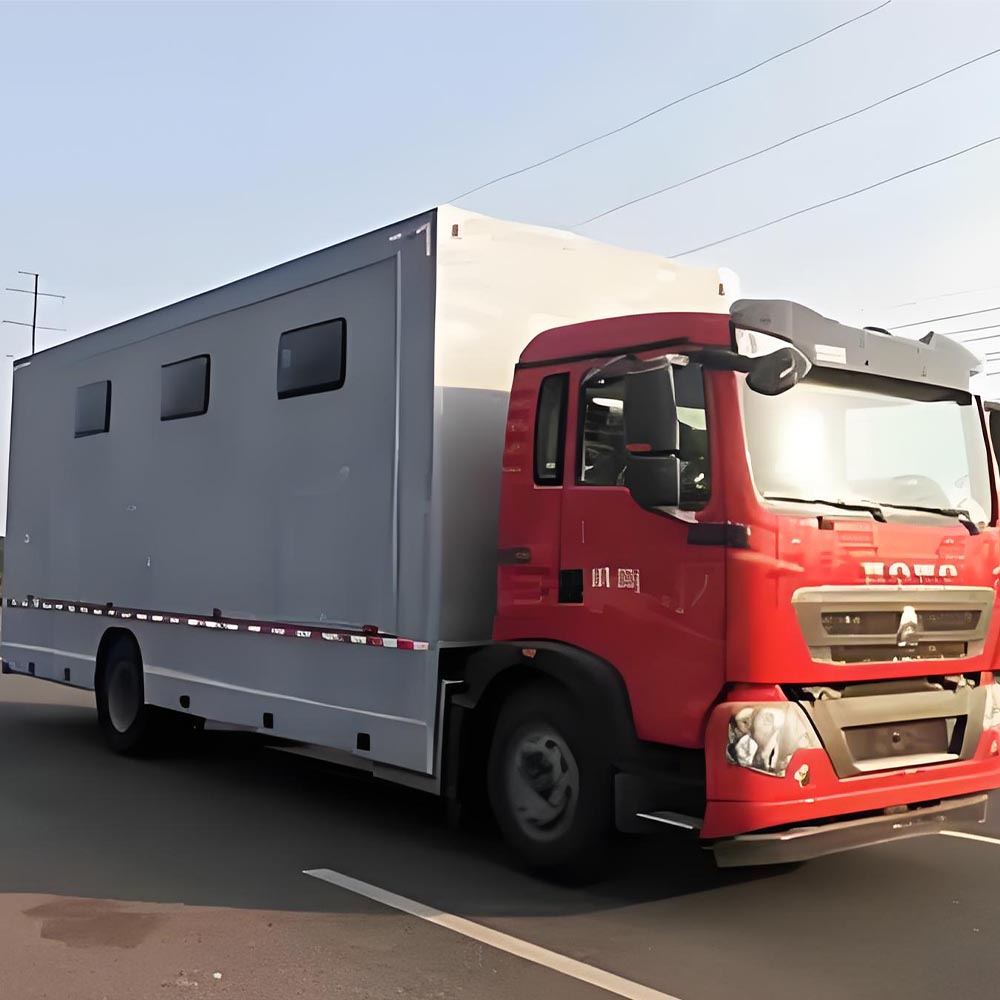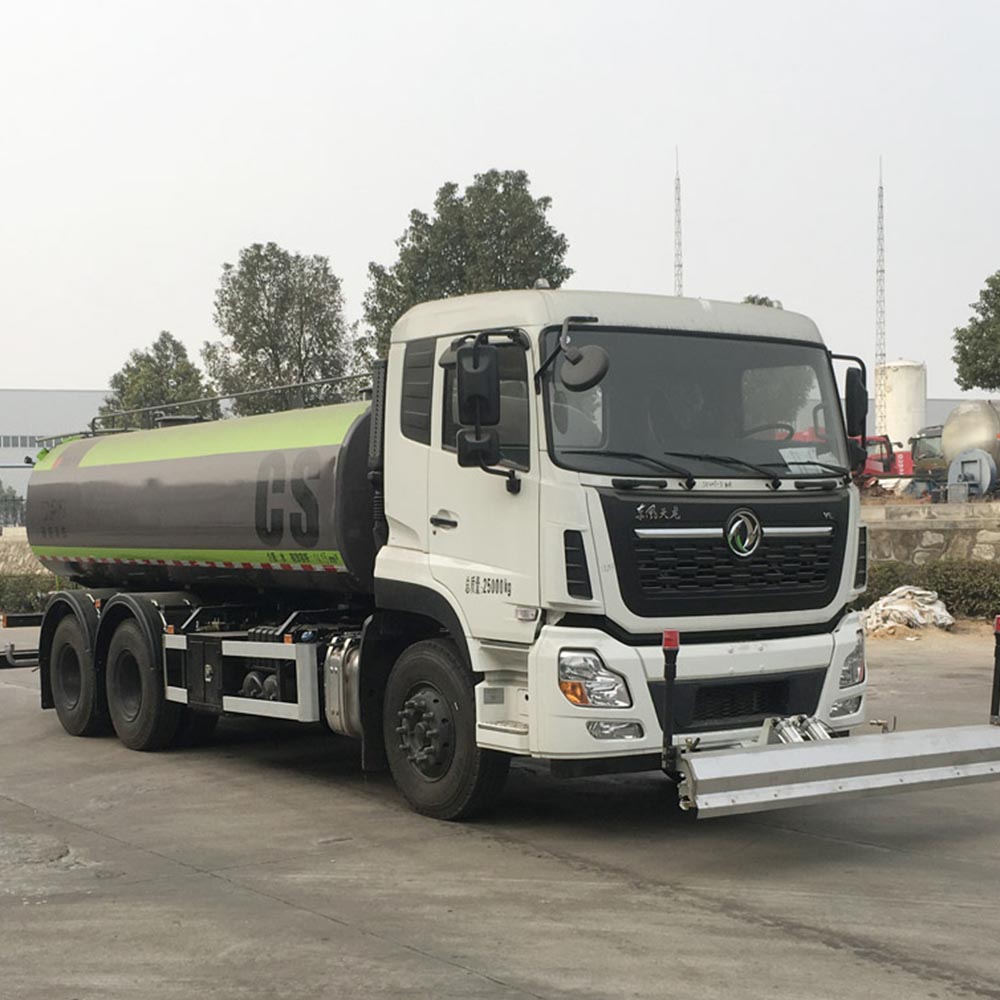-
Chengli Automobile Industry Park
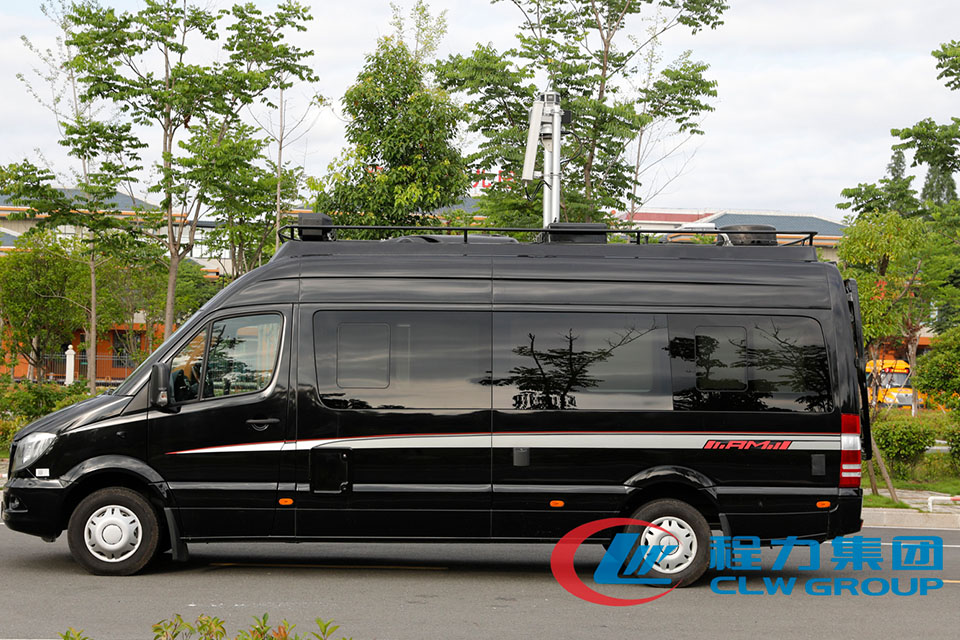
What do I need to know before buying an RV?
What You Need to Know Before Buying an RV in 2025: The Complete Guide
Are you thinking about buying an RV? This big choice needs good planning. This guide will help you learn all the key things before you spend your money on a recreational vehicle. We made this easy to read so you can make smart choices.
Table of Contents
Table of Contents
- Why Buy an RV?
- Understanding RV Types
- Budget Considerations
- The Hidden Costs of RV Ownership
- New vs. Used RVs
- Technology in 2025 RVs
- Test Before You Buy
- Inspection Tips
- Making the Final Decision
Global Reach & Technical Capabilities
Our manufacturing expertise spans across continents
Global Presence
Products exported to 50+ countries worldwide
Technical Strength
Multiple production qualifications and R&D capabilities
Quality Assurance
Electrophoretic coating and rigorous product testing
Why Buy an RV?
RVs open the door to endless travel possibilities. They let you explore the country with the comfort of your own space. The RV lifestyle gives you freedom to roam that many travelers love.
Benefits of RV ownership:
- Take your home with you anywhere
- Save money on hotels
- Cook your own meals
- Bring pets along easily
- Make your own schedule
- See more places at your pace
Understanding RV Types
Before shopping, learn about the different RV classes. This will help you pick the right one for your needs.
Types of RVs:
| RV Type | Length Range | Weight Range | Sleeps | Best For |
|---|---|---|---|---|
| Class B/C | 22-36 feet | 4,467-7,312 lbs | 1-9 people | Couples, small families |
| Fifth Wheel | 34-42 feet | 14,000-15,000 lbs | 1-8 people | Large families |
| Travel Trailer | 22-27 feet | 3,850-4,600 lbs | 1-8 people | Weekend trips |
| Class A | 26-40 feet | 6,750-12,480 lbs | 1-10 people | Full-time living |
Looking at the Keystone RV Arcadia model, you’ll find options that sleep up to 10 people with lengths from 26 to 40 feet.
If you need help moving a large RV, you might need a Tractor Unit for Semi-Trailer Towing for the biggest models.
Budget Considerations
Setting a clear budget is the first step to buying an RV. This helps narrow your choices and prevents spending too much.
RV Cost Breakdown:
- Purchase price: $10,000 to $300,000+
- Insurance: $1,200 to $2,500 per year
- Storage fees: $50 to $300 per month
- Maintenance: About 2% of purchase price yearly
- Fuel costs: Varies by size and usage
- Campground fees: $25 to $100+ per night
Remember that new RVs lose 10-20% of their value each year for the first few years. This is why many smart buyers look at slightly used models.
The Hidden Costs of RV Ownership
Many new owners don’t plan for these extra costs:
- Upgrades: Most new RVs need extras like better mattresses or storage
- Repairs: Even new RVs can need fixes
- Specialty equipment: Sewer hoses, wheel chocks, leveling blocks
- Winterizing: $150-300 per year in cold areas
- Insurance deductibles: If something bad happens
- Roadside assistance: $100-300 per year
New vs. Used RVs
The 2023 sales data shows RV shipments dropped 36.5% which means better deals might be found on both new and used models.
New RV Pros:
- Latest features and technology
- Full warranty coverage
- No hidden problems
- That “new RV” smell and feel
Used RV Pros:
- Much lower price (save 20-40%)
- Previous owner fixed early problems
- Less depreciation hit
- More features for your money
Many experts suggest buying a 2-3 year old RV that has already had warranty work completed by the seller.
If you choose a used RV, make sure to check everything works, look for water damage inside and out, and always test drive a used motorhome. Water damage can lead to expensive repairs later.
For moving heavy equipment or campers, some owners find a Heavy Duty Towing Coach Truck is necessary for the largest models.
Technology in 2025 RVs
The 2025 models feature exciting tech updates worth considering:
Smart Home Integration
Many new RVs come with systems that let you control lights, temperature, security, and appliances through smartphone apps.
Power Systems
- 12V direct current refrigerators are now standard in most 2025 models
- Solar panel options with higher efficiency
- Better battery systems for off-grid camping
- Energy monitoring systems
Table: 2025 RV Tech Advances
| Technology | Benefit | Available In |
|---|---|---|
| Smart home controls | Remote access to RV systems | 85% of 2025 models |
| 12V DC refrigerators | Less propane use, more reliable | Most 2025 models |
| Solar power integration | Extended off-grid capability | Mid to high-end models |
| Lithium battery systems | Longer battery life, faster charging | Premium models (+$8,000) |
| Remote diagnostics | Early warning of problems | Connected models |
These advances make the RV experience more convenient and comfortable than ever before.
Test Before You Buy
One of the best tips is to try before you buy. Renting an RV for a short trip can help you figure out what features you really need.
Rental statistics show that people who test an RV for at least 3 days are 78% less likely to make layout choice mistakes when they buy.
When you rent, pay attention to:
- Bathroom size and setup
- Kitchen workspace
- Bed comfort
- Storage space
- Driving or towing feel
- Overall layout
After testing, make a list of must-have features versus nice-to-have options.
Inspection Tips
Whether buying new or used, a thorough inspection is critical. For RV Motorhome shoppers, this step can save thousands in future repairs.
New RV Inspection:
- Check all systems work properly
- Look for fit and finish problems
- Test every appliance
- Check for leaks during heavy rain (if possible)
- Verify all promised features are included
Used RV Inspection:
- Look for water damage (stains, soft spots, mold)
- Test all systems and appliances
- Check for rust on frame and chassis
- Inspect roof seals and seams
- Test drive the vehicle
- Consider hiring a professional inspector
One buyer shared that skipping the roof inspection led to an $8,000 repair bill for water damage.
Making the Final Decision
After doing your research, testing, and inspections, it’s time to make your choice. Here are some final tips:
- Don’t rush – The right RV is worth waiting for
- Negotiate the price – Dealers expect this
- Get everything in writing – Especially promises about repairs
- Read the warranty carefully – Know what’s covered
- Consider timing – End of season can mean better deals
- Trust your gut – If something feels wrong, walk away
Remember that 62% of buyers choose RVs for the freedom to explore. Make sure your choice will deliver the experience you’re looking for.
Conclusion
Buying an RV is a big decision that affects your travel style and budget. By understanding the types, costs, technology, and inspection needs, you’ll make a better choice.
For those considering very large RVs, remember that you might need special equipment like a Semi-Trailer for towing or storage.
Take your time, do your homework, and soon you’ll be enjoying the open road in your perfect RV!
